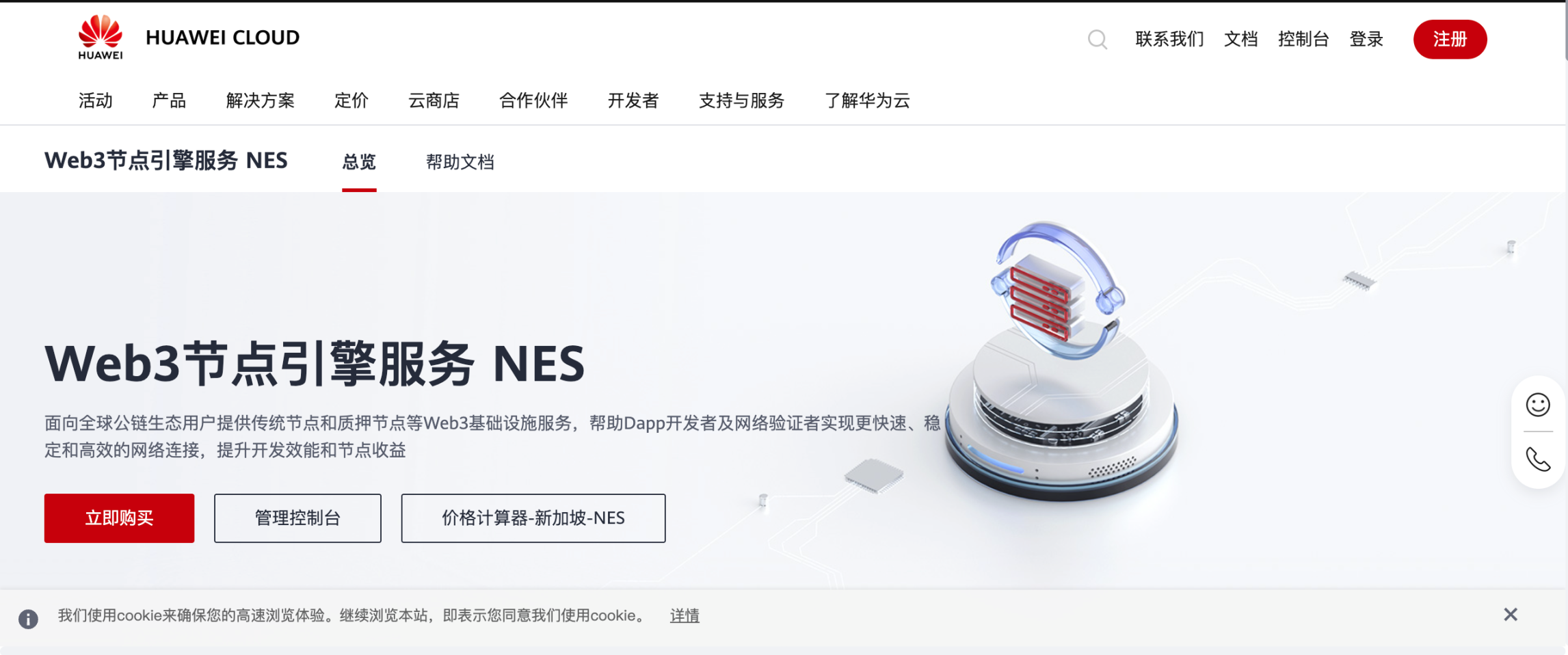Original author: Leek, Foresight News
On August 25, one of Asia's largest cryptocurrency summits, Web X, was held at the Royal Prince Hotel Garden Tower in Tokyo, Japan, marking the largest crypto event in Japan. On that day, the newly appointed Prime Minister of Japan, Shigeru Ishiba, attended the conference and emphasized Japan's hope that cryptocurrency would help transform Japanese society.

It is reported that the number of attendees exceeded 10,000, most of whom were Japanese nationals. Among the small group of foreigners, an unnoticed group appeared at the venue—employees from major internet companies in China.
The birth of cryptocurrency (in 2009) coincided with the peak of the PC internet era, when Tencent and Alibaba's main businesses were still experiencing explosive growth. This new financial paradigm did not attract the attention of the unicorns at that time. As cryptocurrency trading and mining faced repeated bans from Chinese regulatory authorities, this uncertain and risky venture was naturally not favored by internet giants, with very few major companies investing resources to compete in this field.
However, in the summer of 2025, major companies turned their attention to cryptocurrency overseas, igniting a smoke-free war.
A representative from a top 3 domestic company told Foresight News in Tokyo that their purpose for participating in this cryptocurrency summit was to seek high-quality clients—those larger cryptocurrency exchanges—to sell their cloud services and large models.
It is not new for internet cloud giants to attract clients from the cryptocurrency sector. As early as 2022, a report by PingWest revealed this hidden business: one of the world's largest cloud service providers, AWS, had its true revenue pillar in China coming from the cryptocurrency sector. According to sources cited by PingWest, 70% of AWS China's revenue comes from overseas, with 50% of that from the cryptocurrency sector. In other words, cryptocurrency companies contributed over one-third of AWS China's revenue.
Such a scale of income is hard to ignore for domestic cloud service giants in China. On April 30, 2025, IDC released a report titled "China Public Cloud Service Market (Second Half of 2024) Tracking," stating that the market size of China's public cloud IaaS in the second half of 2024 would be 94.82 billion RMB, a year-on-year increase of 13.8%. Alibaba Cloud ranked first in the market, with its share rebounding for three consecutive quarters. Huawei ranked second, China Telecom third, China Mobile fourth, and Tencent fifth.
Foresight News learned that in the increasingly competitive cloud service landscape, the aforementioned non-state-owned cloud service giants have established their own Web 3 sales departments to compete for this "delicacy," including Alibaba, Tencent, and even Huawei, allowing users to browse related products directly on the front-end page. Notably, this setup is not a unique phenomenon among domestic giants; all international giants, including AWS, Google, and Microsoft, have similar products in their cloud departments.

Foresight News also learned that the main offices of these business departments were previously located in Singapore, possibly related to the fact that many cryptocurrency exchanges relocated from mainland China to Singapore starting in 2021. However, as Singapore's cryptocurrency regulatory policies became very strict after June 30, 2025, this phenomenon is unlikely to be sustained.
Nevertheless, the cloud demand from these offshore cryptocurrency exchanges will not decrease, which also means that competition for cloud market share will not end.
At Web X in Tokyo, two representatives from domestic social giants told Foresight News that although their business in this area started late, their target is also compliant cryptocurrency exchanges. As newcomers, the change in this competition comes from the development of AI technology. "Our large model technology is also very willing to be provided to cryptocurrency institutions. If there is a demand for cloud services and large models, we welcome it." This strategy has been followed by other major companies, which also mentioned that their large model interfaces could be provided.
Regarding competitors, they have researched them thoroughly and directly pointed out that the exchange choosing Alibaba Cloud services is OKX. Previously, Alibaba Cloud's large-scale outage incident affected cryptocurrency trading on OKX, which indirectly led to a change in leadership at Alibaba Cloud. A representative from the aforementioned major company told Foresight News that they have secured 60% of the cloud service quota for a certain medium-sized exchange.
This smoke-free war has been ongoing and has now extended from cloud services to the large model field. Even the cryptocurrency business, which is not recognized domestically, is thriving overseas, and all global giants do not want to miss out on this revenue.
Among domestic giants, Ant Group's layout regarding cryptocurrency is relatively advanced. Its representative told Foresight News in Tokyo that the blockchain developed by Ant is set to launch in September, and they are also looking for target clients. Similarly, JD.com, which is attempting to issue stablecoins in Hong Kong, has its founder Liu Qiangdong revealing during this year's delivery battle that JD.com's ambition is to apply for stablecoin licenses in dozens of countries worldwide. At that time, users will be able to use JD stablecoins to purchase all goods, and this payment experience is something that current internet giants cannot provide.
Undoubtedly, these internet giants want cryptocurrency to become a new piece in their business puzzle. Recently, Google announced the launch of its own "public chain," but it is clear to observers that it is merely a consortium chain with many restrictions, far from Ethereum. This raises an interesting question: do these world's most advanced internet giants truly understand blockchain technology and the spirit of crypto punk?
As for whether internet giants from China will deeply enter the Web 3 field, an employee from one of the aforementioned internet companies told Foresight News: "As long as domestic regulatory policies do not loosen, we will never enter this field, at least not on the surface."
免责声明:本文章仅代表作者个人观点,不代表本平台的立场和观点。本文章仅供信息分享,不构成对任何人的任何投资建议。用户与作者之间的任何争议,与本平台无关。如网页中刊载的文章或图片涉及侵权,请提供相关的权利证明和身份证明发送邮件到support@aicoin.com,本平台相关工作人员将会进行核查。




